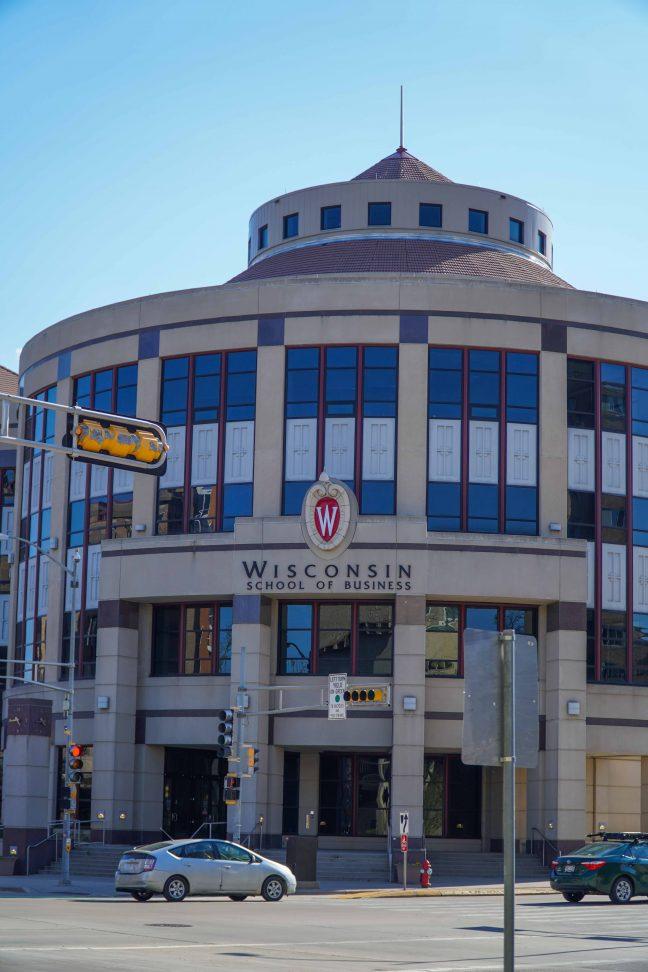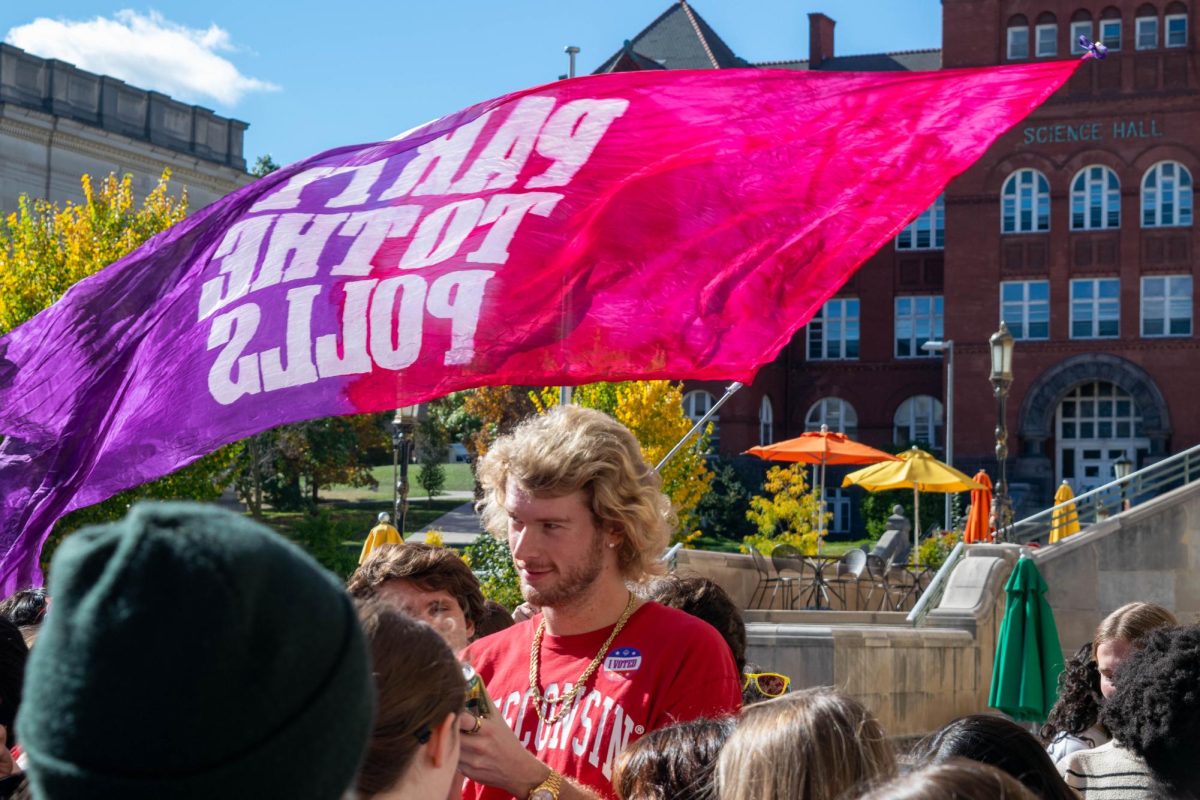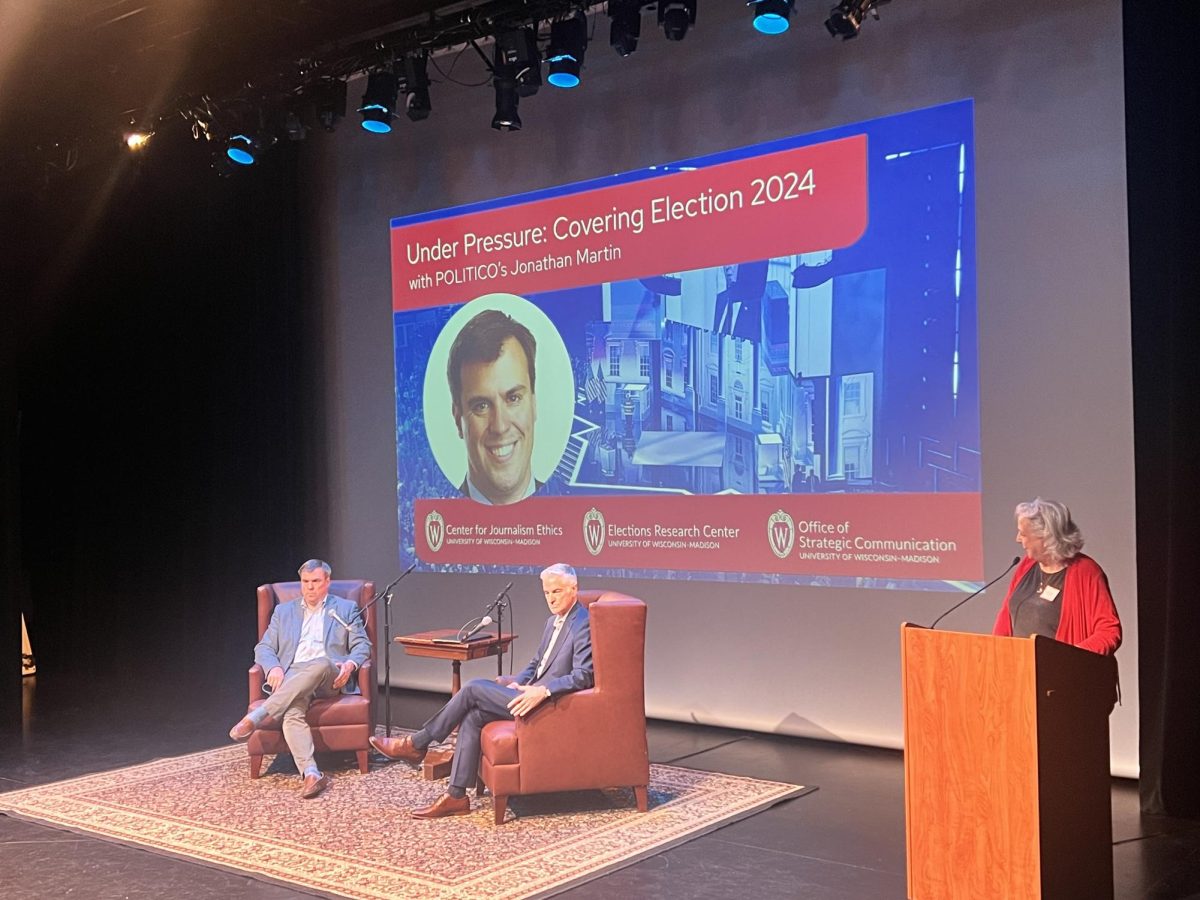According to sexual-assault law, having intercourse with someone so intoxicated they are unable to make a rational decision is considered rape. But Wisconsin’s list of intoxicants, which includes date-rape drugs like Rohypnol and GHB, does not include alcohol.
State Rep. Terese Berceau, D-Madison, proposed a bill Tuesday making alcohol an intoxicant under state sexual-assault law, reversing the 1996 amendment that previously excluded it.
“The message that this [sent] to rape victims is that if you were too drunk to give informed consent, that’s your problem,” Berceau said in a press conference Wednesday. “That’s old thinking, similar to the days when we blamed the woman for being raped for the way she was dressed.”
Berceau said up to 90 percent of sexual assaults involve alcohol, which is the most commonly used drug on college campuses. This contrasts to the use of date-rape drug Rohypnol, which is found in only three percent of cases.
“Let’s get serious about the fact that alcohol is the drug we need to worry about,” Berceau said.
In a nationwide study of college students, 75 percent of male students and 55 percent of female students who had been involved with acquaintance rape had been drinking or using drugs.
“Let me be clear that alcohol involved in sexual assault is not restricted to college campuses,” Berceau said. “Anyone who has ever been really drunk … knows the ability to make informed decisions is impaired. If you have impairment, even temporarily, the statutes state that you are unable to give informed consent — yet we exclude alcohol.”
The bill also calls for the exemption from prosecution of sexual assault and rape victims and witnesses who have been drinking underage.
Berceau said this will encourage them to come forward.
“Rape has serious, often lifetime consequences for victims,” Berceau said. “We want to encourage, not discourage, reporting of sexual assault.”
Berceau said the bill would not only help victims prosecute their attackers but would also serve as an educational tool.
“We need to affirm what we all know — that persons who are drunk are impaired in their judgment,” she said.
Sarah Mazzie of the UW Women’s Center agreed with Berceau, saying this is a problem on the UW campus. “We live in an environment where alcohol is prevalent and drinking is a common weekend activity,” Mazzie said. “There is no doubt that alcohol is linked to rape.”
Mazzie said the bill will also relax fears of women who think drinking alcohol will impede the legal prosecution of their assailants.
“Anyone who doesn’t want to pass this bill is not concerned with women’s safety on campus,” Mazzie said.
Angela Bartucci, founder of the campus organizations Promote Awareness Victim Empowerment and Men Opposing Sexual Assault, said Berceau’s bill is important for all students.
“It is imperative that alcohol be reinstated in the Wisconsin statute,” Bartucci said.
Women are not the only ones interested in passing the bill.
Austin King, legislative-issues coordinator for MOSA, said this bill is popular among college students who will not tolerate sexual assault.
“I want to be clear about one thing — this is our highest legislative priority,” King said. “No other bill will have a more powerful impact in addressing the sexual assault epidemic on college campuses than across the state.”







